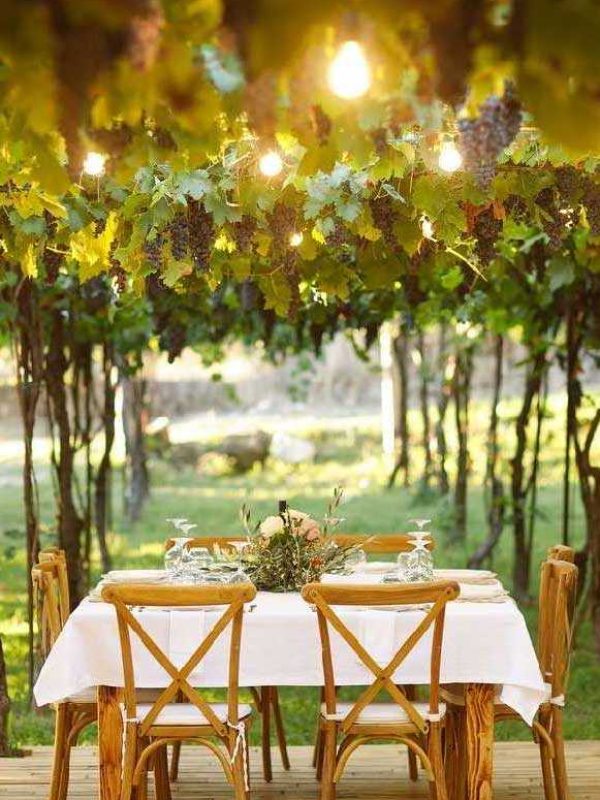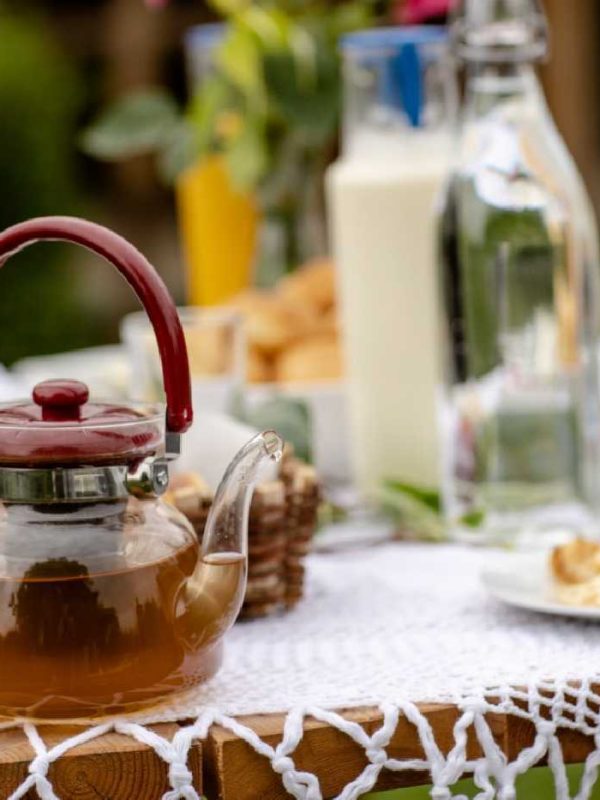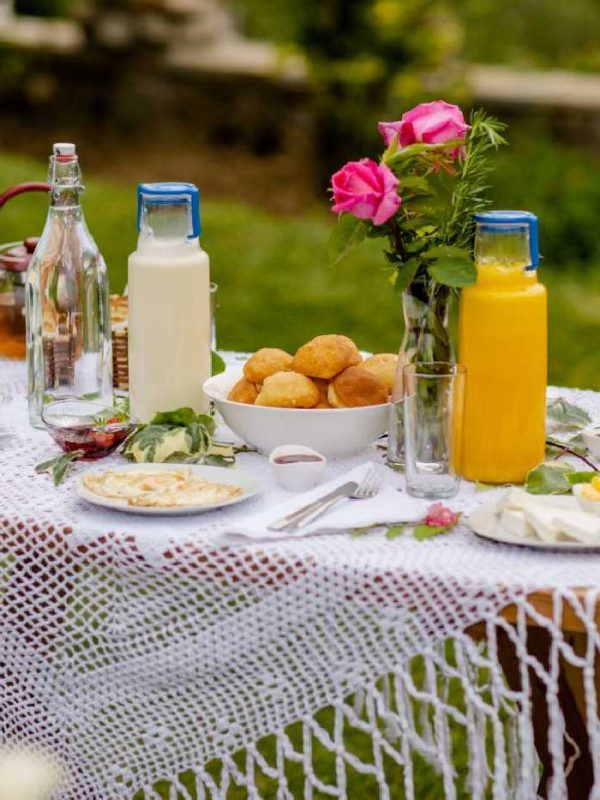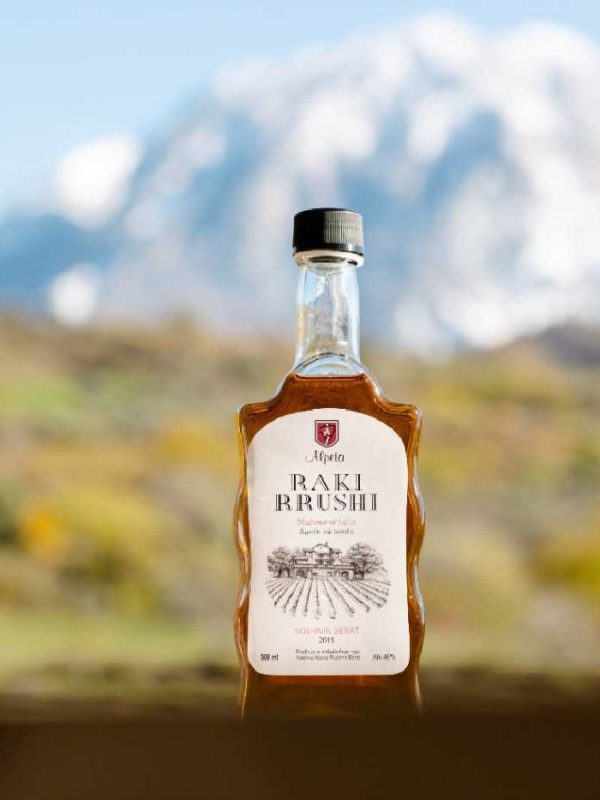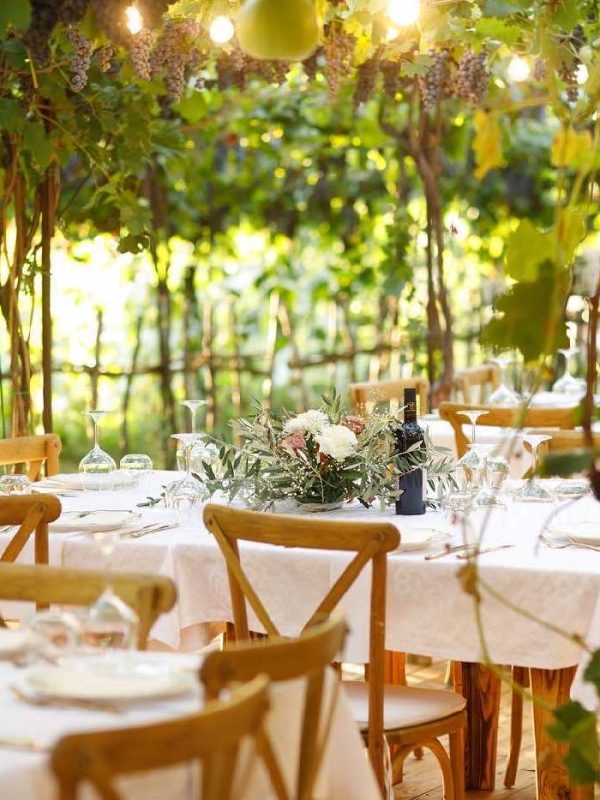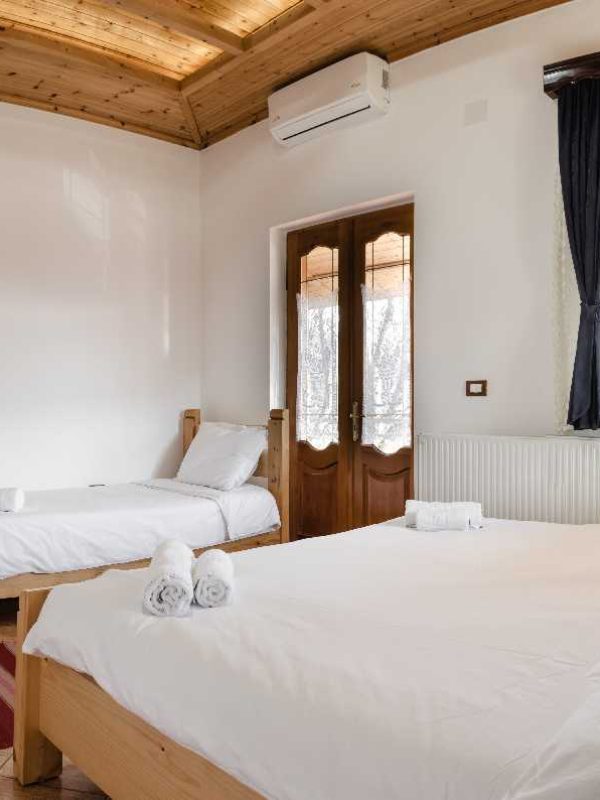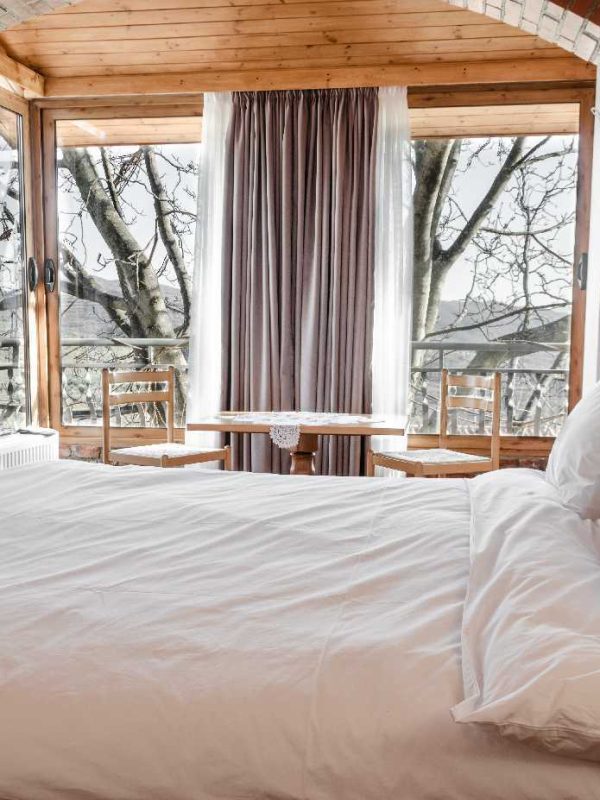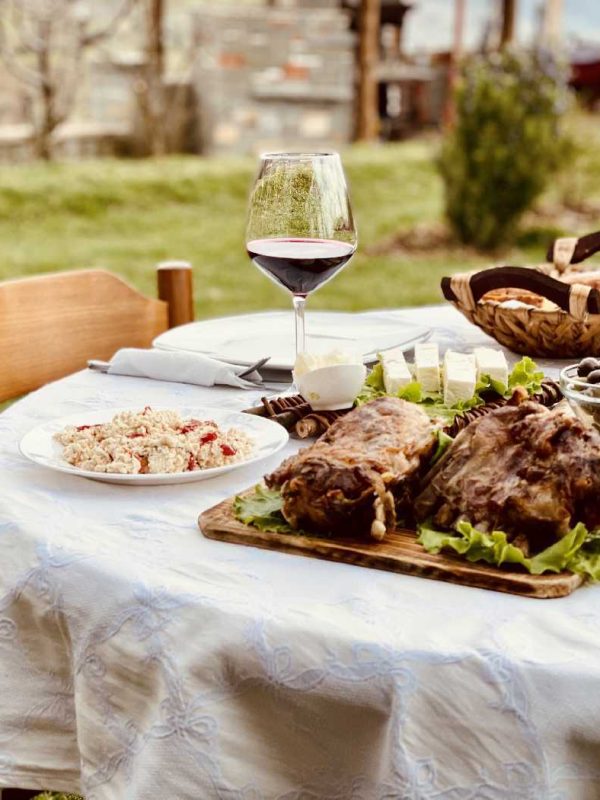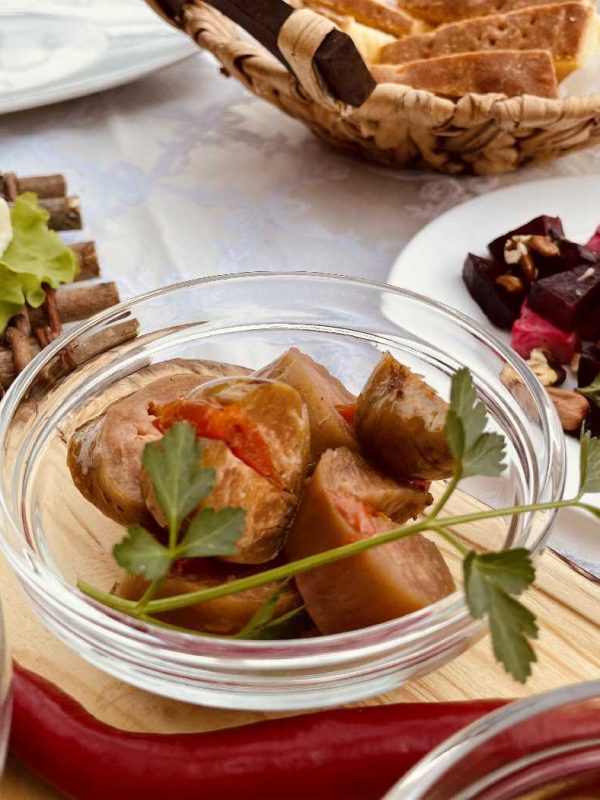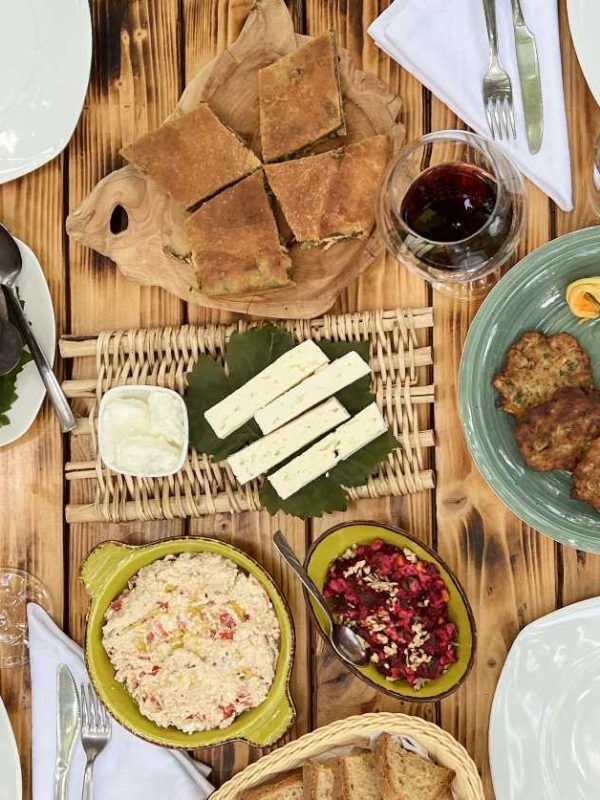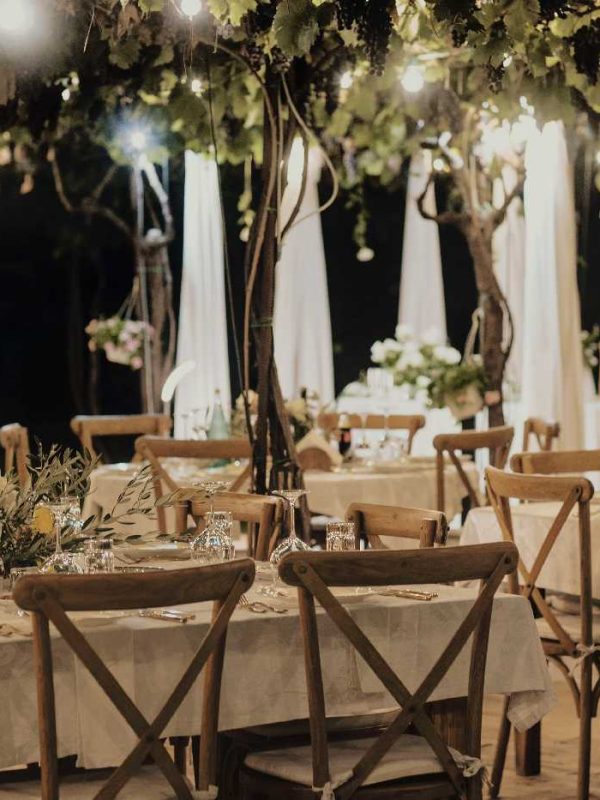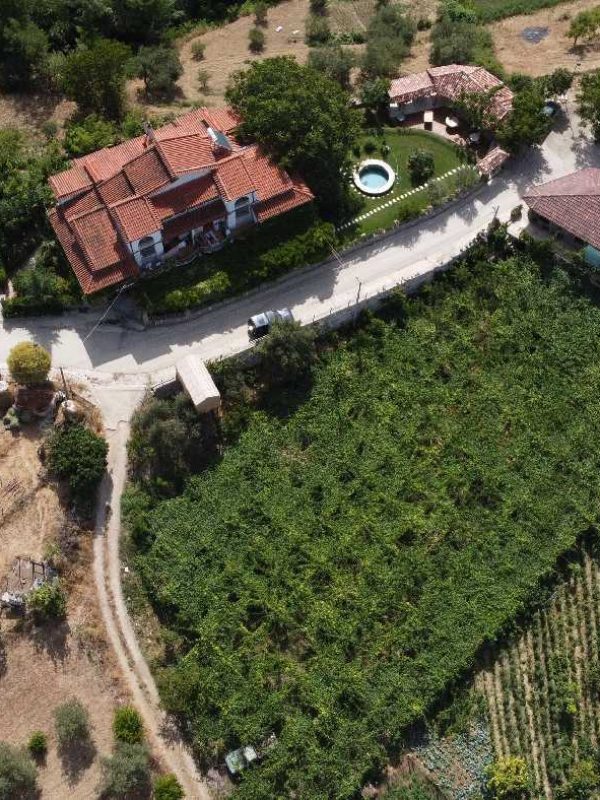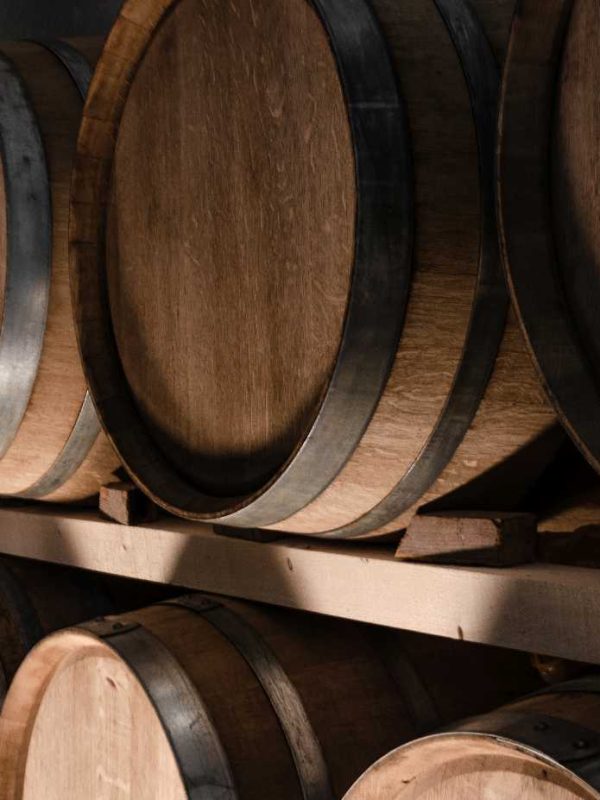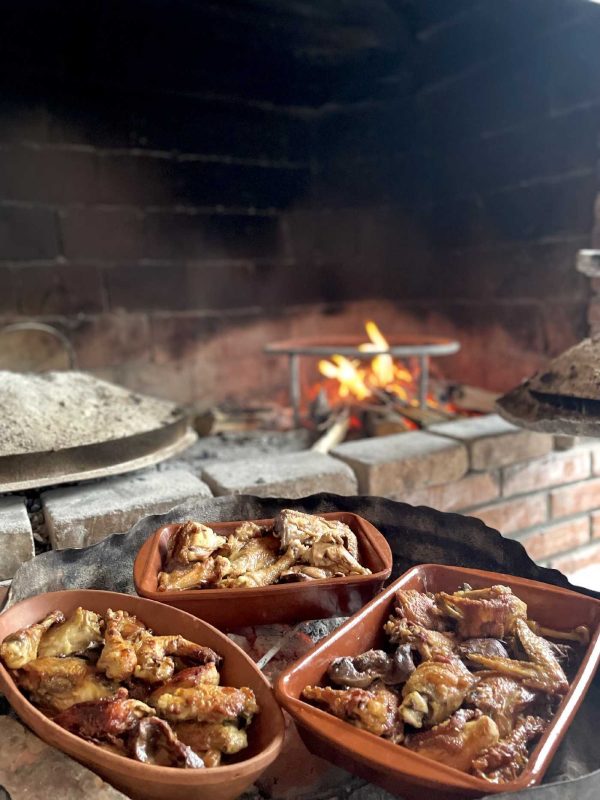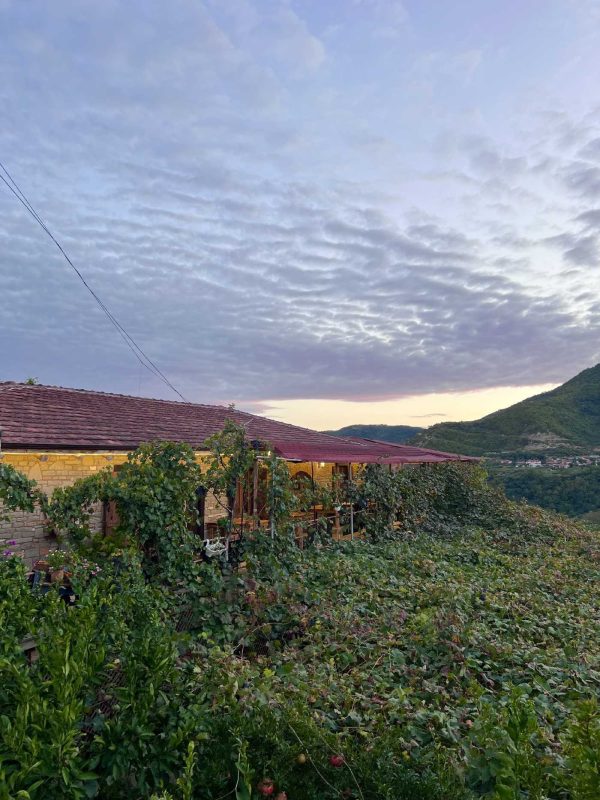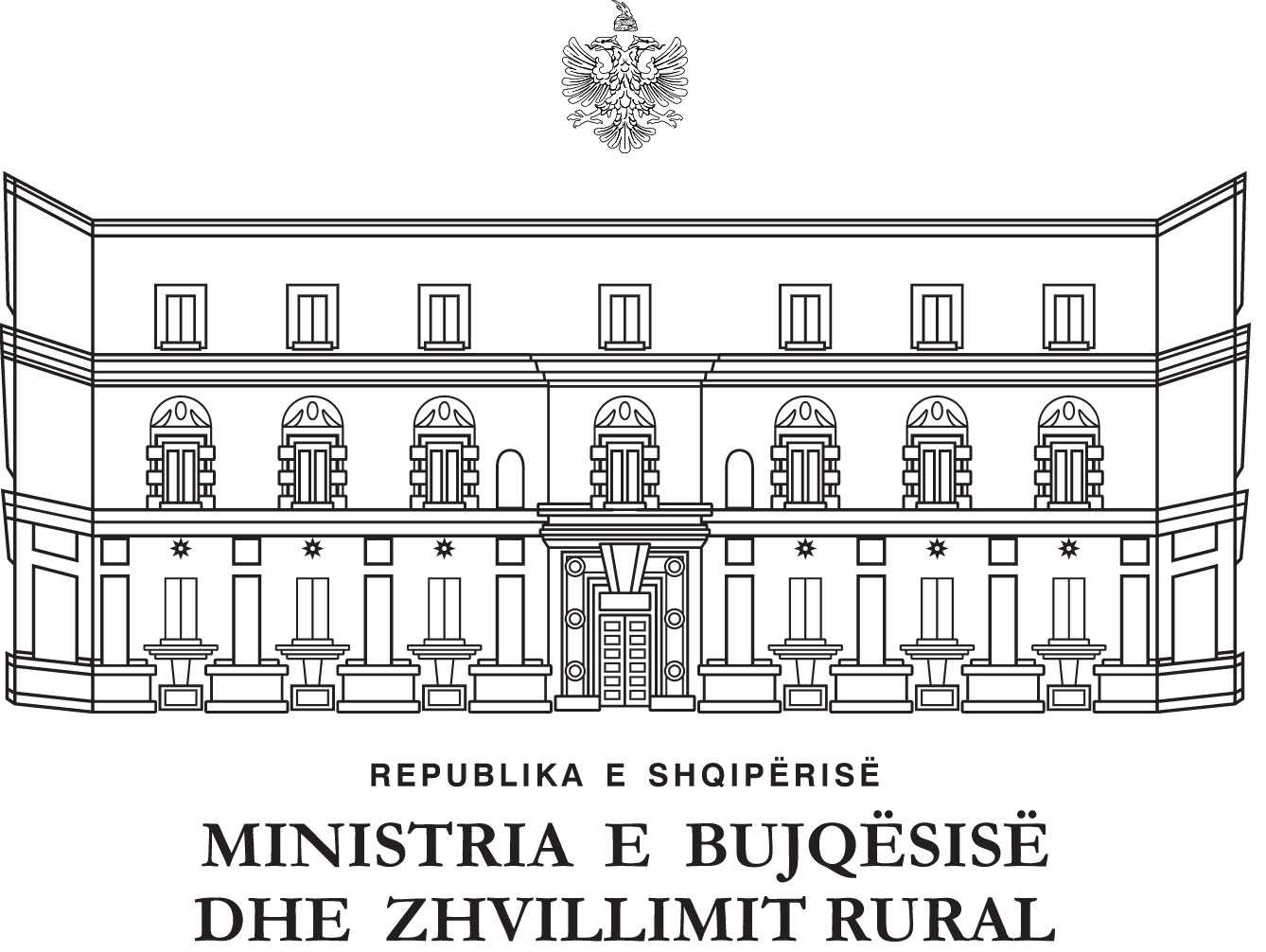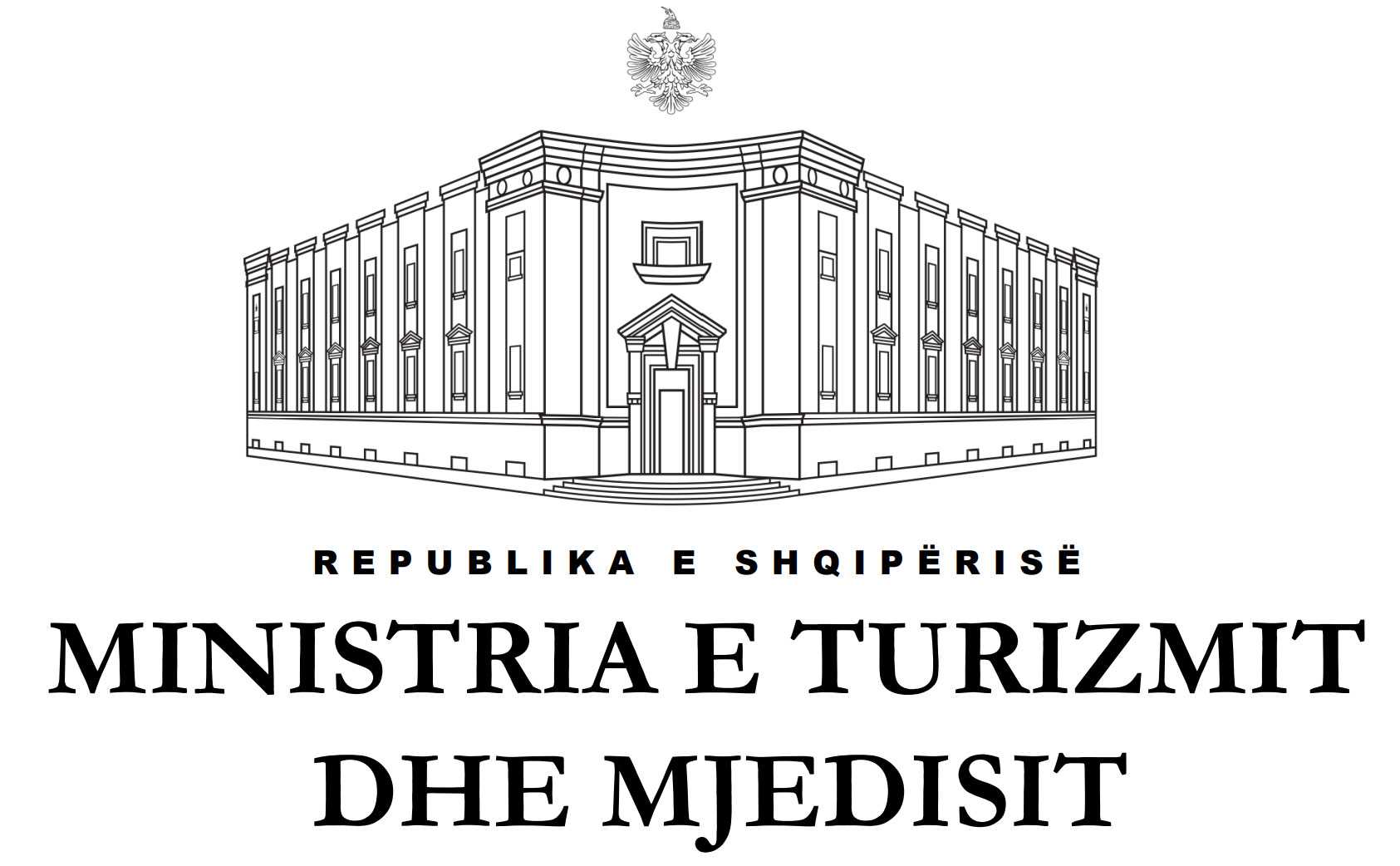A true family business, Alpeta includes a family winery, guesthouse and restaurant.
In 2018, the winery produced around 50,000 bottles of wine and has made a good name and supplies numerous restaurants. In the 5.5 acres vineyards, you will come across several types of grapes such as the native Albanian shesh i zi, the Pula variety from the Berat area, winter grapes, cabernet, merlot and muscat.
In 2019 the family converted their house in a guesthouse for tourists and turned the wine cellar across the street into a restaurant, where the use of natural stone, wood and reeds in the interior stands out.
Between the rows of vineyards, you can see huge fig trees, while the steepest parts of the land are covered in olive trees. In addition to figs and olives, the farm also has several fruit trees, such as pomegranates, citrus fruits, walnuts, hazelnuts and almonds, while a series of wooden beehives allow the family to produce their own honey.
The surroundings further offer opportunities for hiking in the forest of Lepija (2 to 3 hours), in the canyon of Dukova (3 hours), Sotira waterfall (4 hours), in the almost deserted village of Sazhdan (5 hours) or for excursions with experience up to Partizani Peak of Mount Tomorri (6 hours to the top).
